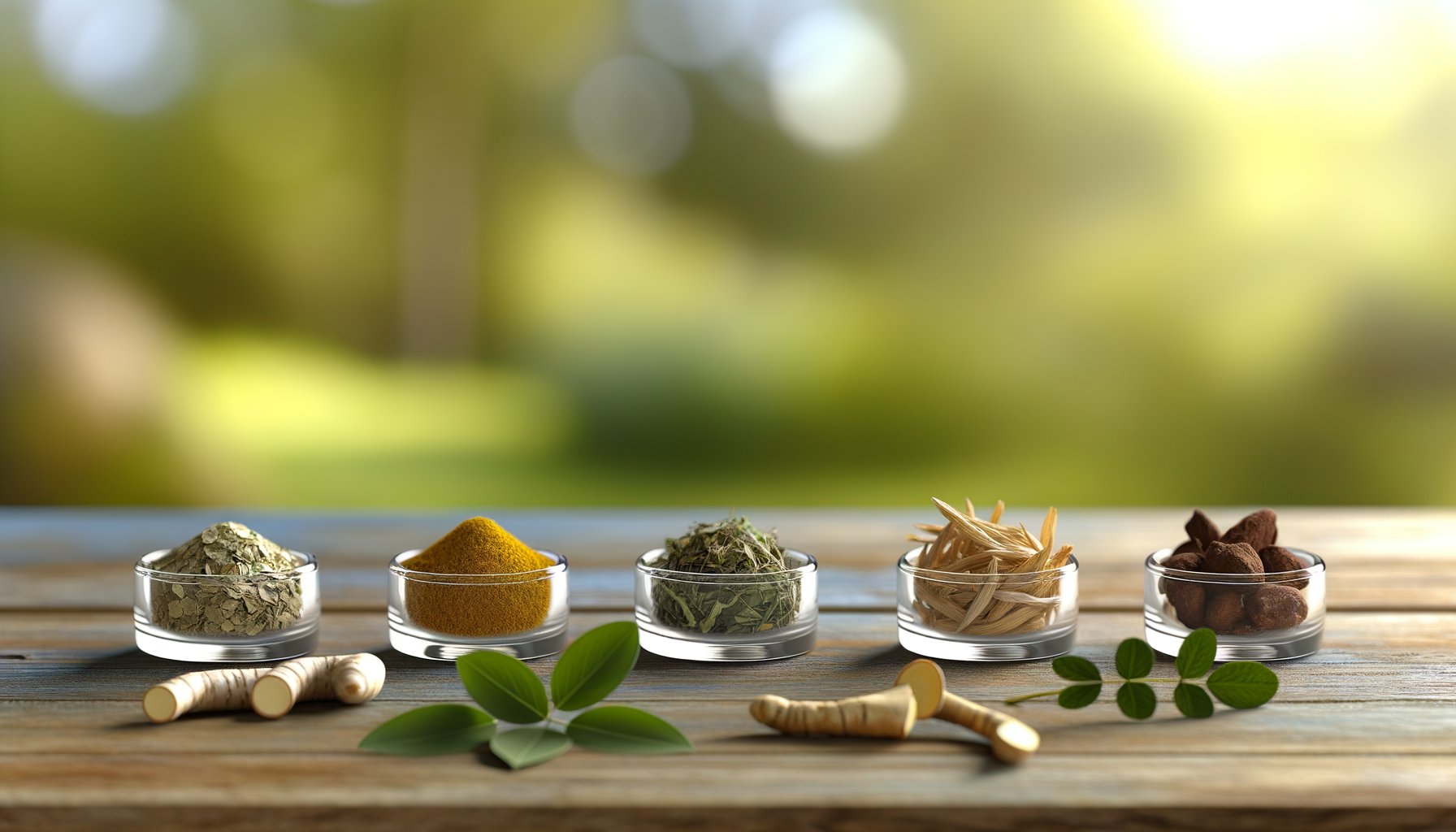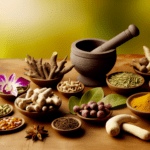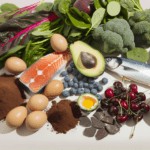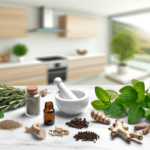Overview of Testosterone in Men and Women
Testosterone is often recognized as the quintessential male hormone, pivotal in defining masculinity and male health. However, it is a common misconception that testosterone is exclusive to men. In reality, testosterone is also present in women, albeit in smaller quantities. In men, testosterone is responsible for the development of male reproductive tissues, the stimulation of secondary sexual characteristics, and the maintenance of sexual function. For women, testosterone plays a crucial role in bone strength, brain function, and the development of lean muscle mass, as well as contributing to overall well-being and libido.
Roles and Functions of Testosterone
The influence of testosterone extends beyond sexual health. In men, it is essential for sperm production, the growth of facial and body hair, and the deepening of the voice during puberty. It also plays a significant role in muscle size and strength, bone density, and the distribution of fat in the body. In women, testosterone assists in ovarian function, bone strength, and sexual desire. Both sexes benefit from the hormone’s ability to regulate mood and energy levels.
Consequences of Low Testosterone Levels
Low testosterone levels, or hypogonadism, can have profound effects on physical and mental health. In men, it may lead to a decrease in muscle mass and strength, reduced bone density, and a diminished libido. Women may experience similar symptoms, including fatigue, a waning sex drive, and osteoporosis. Low testosterone can also contribute to an increased risk of cardiovascular disease and may affect cognitive functions.
Common Symptoms of Testosterone Deficiency
Testosterone deficiency can manifest in various ways, with symptoms often overlapping between men and women. Common indicators include:
- Erectile Dysfunction: In men, this is often one of the first signs of low testosterone.
- Fatigue: A general sense of tiredness or lack of energy can be a symptom.
- Mood Changes: Depression, irritability, and difficulty concentrating may occur.
- Physical Changes: These can include increased body fat, reduced muscle bulk, and loss of body hair.
- Reduced Bone Mass: Osteoporosis is a risk for both men and women with low testosterone.
Recognizing these symptoms is the first step towards addressing testosterone deficiency and improving overall health.
Factors Affecting Testosterone Levels
Age-Related Decline in Testosterone
Testosterone levels in men typically peak during adolescence and early adulthood. As men age, it’s common to experience a gradual decline in testosterone levels, often referred to as “andropause” or “male menopause.” This decline can begin as early as the 30s and continues at a rate of about 1% per year. The decrease in testosterone can lead to various symptoms such as reduced muscle mass, increased body fat, fatigue, and a decrease in libido. Understanding this natural progression is crucial for managing expectations and exploring potential interventions.
Lifestyle and Environmental Factors
Lifestyle choices and environmental exposures also significantly impact testosterone levels. Factors such as obesity, lack of physical activity, and poor diet can lead to lower testosterone levels. Additionally, stress and lack of sleep are known to affect hormonal balance, including testosterone production. Environmental factors like exposure to endocrine-disrupting chemicals found in certain plastics, pesticides, and personal care products can also interfere with hormone levels. Modifying lifestyle habits and reducing exposure to harmful substances can help maintain healthy testosterone levels.

Feeling You Have a Right to Safe Beauty & Fem Care?
If so, it may be time for a change. It starts with knowledge. We have a few suggestions in our new guides.
Medical Conditions and Medications
Certain medical conditions can lead to a decrease in testosterone production. For instance, hypogonadism, a condition where the body doesn’t produce enough testosterone, can be a primary cause of low levels. Other health issues such as diabetes, thyroid problems, and high blood pressure can also impact testosterone. Moreover, some medications, including opioids, glucocorticoids, and anabolic steroids used for a long time, can suppress the body’s natural testosterone production. It’s essential for individuals to discuss with their healthcare providers the potential side effects of medications on hormone levels and explore alternatives or adjunct therapies if necessary.
Herbal Remedies for Testosterone Enhancement
Criteria for Selecting Testosterone-Boosting Herbs
When selecting herbs to support testosterone levels, it is essential to consider their historical use, active compounds, and the breadth of scientific research supporting their efficacy. Ideal candidates are those with a long-standing tradition in herbal medicine, such as Ayurveda or Traditional Chinese Medicine, and those that have been subject to clinical studies. The presence of specific compounds known to influence hormonal pathways, such as saponins or adaptogens, is also a critical factor. Additionally, the herb’s overall health benefits, safety profile, and potential side effects must be thoroughly evaluated.
Mechanisms of Herbal Action on Testosterone
Herbs may enhance testosterone levels through various mechanisms. Some contain compounds that directly stimulate the Leydig cells in the testes to produce more testosterone. Others may work by inhibiting the conversion of testosterone into estrogen (aromatase inhibition) or by preventing testosterone from binding to sex hormone-binding globulin (SHBG), thereby increasing the amount of free, bioavailable testosterone. Adaptogenic herbs, such as Ashwagandha, help in regulating the hypothalamic-pituitary-adrenal (HPA) axis, which can indirectly support testosterone production by improving stress response and reducing cortisol levels.
Safety and Efficacy Considerations
While herbal remedies can be a natural way to support testosterone levels, safety and efficacy must be carefully considered. It is crucial to use herbs that have been standardized and tested for purity. The potential for interactions with medications or other supplements should be assessed, and long-term use should be approached with caution. Individuals should also consider their unique health conditions and consult with a healthcare provider before beginning any new herbal regimen. Monitoring hormone levels and adjusting dosages accordingly is also recommended to ensure the desired outcomes are achieved without adverse effects.
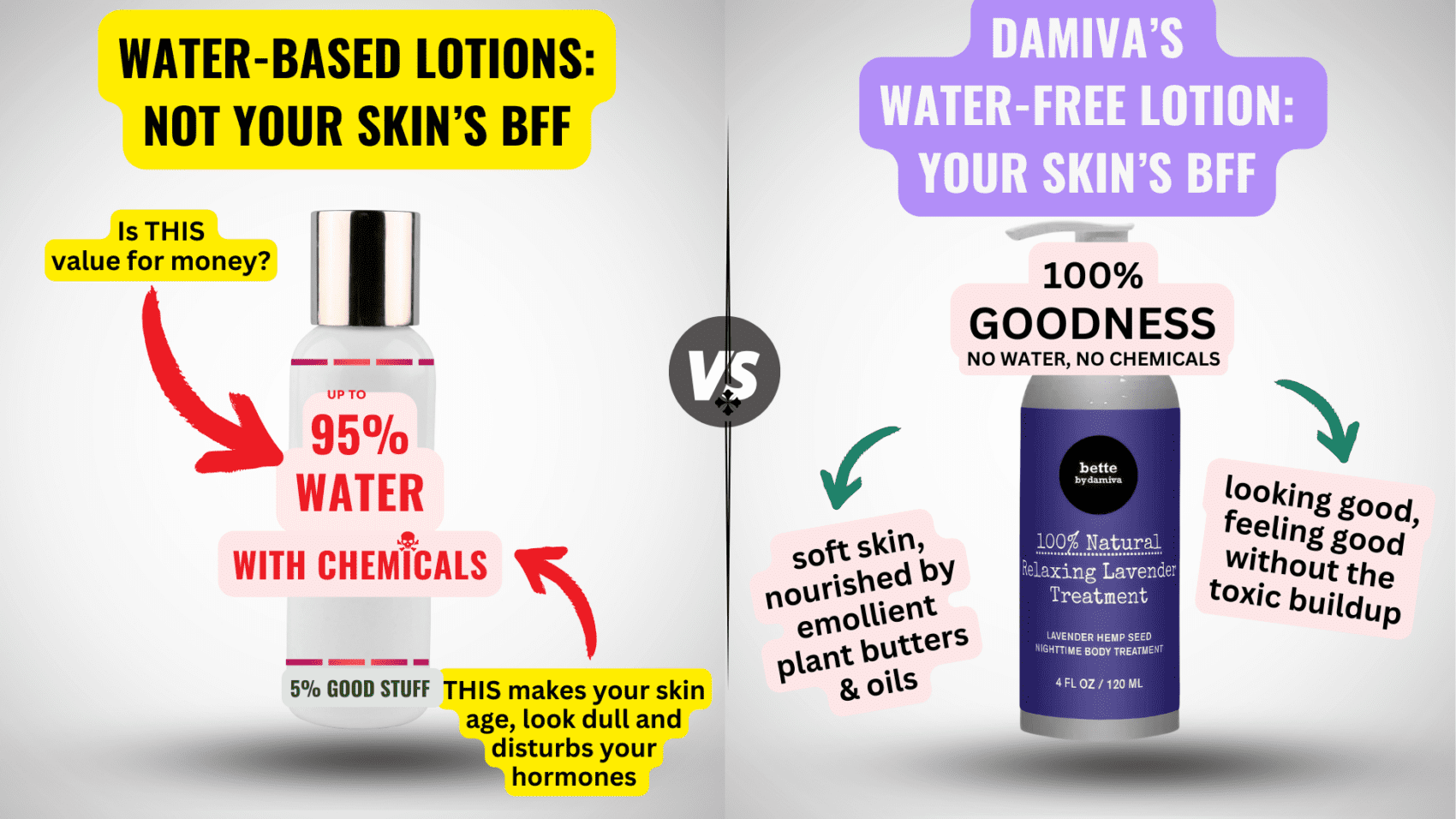
THEN IT CONTAINS TOXIC CHEMICALS. WHY RISK IT GETTING SICK? GO CHEMICAL FREE.
Tribulus Terrestris: A Natural Testosterone Booster
Historical and Traditional Use
Tribulus Terrestris, commonly known as puncturevine, has a long history of use in traditional medicine across various cultures. In traditional Chinese medicine and Ayurveda, it has been utilized for its potential cardioprotective, antiurolithic, antidiabetic, anti-inflammatory, antitumor, and antioxidant effects. The use of Tribulus Terrestris in these ancient medicinal systems was often aimed at improving sexual function and vitality, suggesting an understanding of its potential impact on hormonal balance.
Active Compounds and Their Effects
The primary active compounds in Tribulus Terrestris are saponins, which include protodioscin, dioscin, and diosgenin among others. These saponins are believed to contribute to the herb’s testosterone-boosting effects. Protodioscin, in particular, is thought to stimulate the release of nitric oxide and to increase the levels of the luteinizing hormone (LH), which signals the testes to produce testosterone. Additionally, the presence of flavonoids, alkaloids, and other phytochemicals in Tribulus Terrestris may synergistically support overall health and athletic performance.
Research Findings on Testosterone Enhancement
Research on Tribulus Terrestris has yielded mixed results, with some studies indicating a potential to increase testosterone levels and enhance sexual function, while others have found no significant impact. For instance, studies have shown that Tribulus Terrestris supplementation can lead to an increase in serum testosterone levels in some populations, such as infertile men or those with low testosterone levels. However, research in well-trained athletes has not consistently demonstrated a clear testosterone-boosting effect. It is important to note that the variability in research outcomes may be due to differences in the quality of the Tribulus Terrestris extract used, the dosage, and the population studied.
Despite the inconclusive evidence, the anecdotal reports of improved sexual health, increased energy levels, and enhanced muscle strength continue to make Tribulus Terrestris a popular supplement among those seeking natural ways to support their testosterone levels. As with any supplement, it is crucial to consult with healthcare providers before starting any new regimen, especially for individuals with underlying health conditions or those taking other medications.

From unhappy, dry, and sandpaper to silky, smooth and feeling good. That’s Cleo. Cleo is a 100% natural labial balm to moisture and soothe “your other lips”. Cleo is chemical-free, water-free, pH optimized and helps maintain and restore your delicate labial skin’s natural flora. Ideal for daily use or as needed. Get the most silky, lovable lips ever.
Adaptogens and Testosterone: Ashwagandha and Ginseng
Understanding Adaptogens and Their Role
Adaptogens are a unique class of healing plants that enhance the body’s ability to cope with stress, anxiety, fatigue, and overall exhaustion. These natural allies work by modulating the production and distribution of stress hormones and supporting adrenal function, thus promoting a sense of balance and normalization within the body. By fine-tuning our response to external stressors, adaptogens help us not only survive but thrive in our fast-paced, ever-changing environment.
Ashwagandha’s Impact on Hormonal Balance
Ashwagandha, scientifically known as Withania somnifera, is a powerful adaptogen that has been used for centuries in Ayurvedic medicine. It is renowned for its ability to balance hormones and improve the body’s stress response. Ashwagandha achieves this by reducing cortisol levels, a hormone associated with stress, and by optimizing the production of testosterone, which plays a crucial role in various bodily functions, including muscle growth, bone density, and libido.
Studies have shown that ashwagandha supplementation can lead to significant increases in testosterone levels, along with improvements in sperm quality and fertility in men. Its impact on hormonal health extends beyond just testosterone; it also contributes to the balance of other essential hormones, supporting overall endocrine system health.
Ginseng’s Contribution to Vitality and Testosterone
Ginseng, particularly Panax ginseng, is another adaptogen with a long history of use in traditional Chinese medicine. It is well-regarded for its energizing properties and its ability to combat fatigue. Ginseng’s influence on testosterone levels and sexual health has been the subject of numerous studies. It is believed to enhance nitric oxide production, which improves blood flow and contributes to normal erectile function.
Furthermore, ginseng may increase the body’s production of testosterone by directly stimulating the gonadal tissues and the hypothalamic-pituitary axis, leading to enhanced libido, sexual performance, and overall vitality. Its adaptogenic properties also help in managing stress, which can indirectly support healthy testosterone levels by reducing the impact of stress hormones that can inhibit testosterone synthesis.
Thus, both ashwagandha and ginseng offer promising benefits for those looking to naturally support their testosterone levels and improve their hormonal health. Their adaptogenic qualities make them valuable tools for managing stress and enhancing vitality, contributing to a more balanced and healthful life.
Additional Herbs and Natural Compounds
Horny Goat Weed and Sexual Health
Horny Goat Weed, also known as Epimedium, is a herb that has been used in traditional Chinese medicine for centuries. Its active compound, Icariin, is believed to have testosterone-mimicking properties, making it a popular supplement for enhancing sexual health. Icariin works by inhibiting the activity of the enzyme PDE5, which can restrict blood flow to the genital area. By doing so, it may help improve erectile function and boost libido. Additionally, some studies suggest that Horny Goat Weed may support nerve growth, which is essential for maintaining a healthy sexual response.
Pine Bark Extract and Circulatory Benefits
Pine Bark Extract, rich in proanthocyanidins, is another natural compound that has been linked to improved circulatory health. These antioxidants support blood flow by aiding in the production of nitric oxide, a compound that relaxes blood vessels and improves circulation. Enhanced blood flow is not only crucial for cardiovascular health but also for sexual function, as it can help in achieving and maintaining erections. Moreover, when combined with L-arginine, Pine Bark Extract has been shown to increase testosterone levels, thereby potentially improving sexual health in men.
Maca Root and Hormone Regulation
Maca Root, a plant native to Peru, is often referred to as a natural adaptogen. Adaptogens are known for their ability to help the body resist stressors of all kinds, whether physical, chemical, or biological. Maca Root has been traditionally used to enhance fertility and sexual desire. It is believed to work by regulating hormone balance, which can have a positive effect on testosterone levels. While Maca does not contain hormones itself, it contains compounds that may contribute to hormonal homeostasis, thus supporting overall energy, vitality, and sexual health.
Nettle Root’s Interaction with SHBG
Nettle Root is another herb that may influence testosterone levels, albeit indirectly. It contains compounds that bind to Sex Hormone Binding Globulin (SHBG), a protein that testosterone and other sex hormones usually bind to in the blood. When compounds from Nettle Root bind to SHBG, they may free up testosterone, making more of it available for the body to use. This can be particularly beneficial for men looking to optimize their testosterone levels for muscle growth, libido, and overall well-being. Additionally, Nettle Root is known for its anti-inflammatory properties and support of prostate health.
Conclusion: While these herbs and natural compounds offer promising benefits for testosterone enhancement and sexual health, it is important to approach their use with caution. Always consider safety and efficacy, and consult with healthcare providers before starting any new supplement regimen.
By the way, something for you, a little gift!!!
I am just in the middle of publishing my book. It’s about How women can balance their hormones. One part is about food and diet, of course.
Follow this link and enter your email.
I will send you this part of the book for free once the book is published. It has many concrete, practical tips and recipes and will help you feel better during menopause or times of Big hormonal fluctuations.
Annette, Damiva Lead for Health & Wellness

Conclusion and Recommendations
Summary of Herbal Benefits on Testosterone
The exploration of herbal remedies for testosterone enhancement has revealed a fascinating array of natural options. Herbs like Tribulus Terrestris, Ashwagandha, Ginseng, and others have been traditionally used and are now supported by scientific research to varying degrees for their potential to influence testosterone levels and overall endocrine health. These herbs work through various mechanisms, such as increasing luteinizing hormone production, acting as adaptogens to reduce stress-related hormonal imbalances, or providing compounds that mimic hormone activity.
Integrating Herbs into a Healthy Lifestyle
While herbs can offer benefits for testosterone levels, they should be integrated into a lifestyle that supports hormonal health. This includes maintaining a balanced diet, engaging in regular physical activity, ensuring adequate sleep, managing stress, and avoiding known endocrine disruptors. Herbs can be consumed in various forms, such as teas, capsules, or extracts, and should be used in conjunction with these healthy lifestyle practices for optimal results.
Consulting Healthcare Providers
Before adding any herbal supplements to your regimen, it is crucial to consult with healthcare providers. This is especially important for individuals with pre-existing medical conditions, those taking medications, or anyone undergoing hormone therapy. Healthcare providers can offer guidance on appropriate dosages, potential interactions with medications, and monitor for adverse effects. They can also provide personalized recommendations based on individual health needs and goals.
In conclusion, while herbs like Tribulus Terrestris, Ashwagandha, Ginseng, and others may offer astonishing benefits for testosterone levels, their use should be approached with care. Integrating these herbs into a healthy lifestyle and seeking professional medical advice can help ensure safety and efficacy in promoting hormonal balance and overall well-being.

